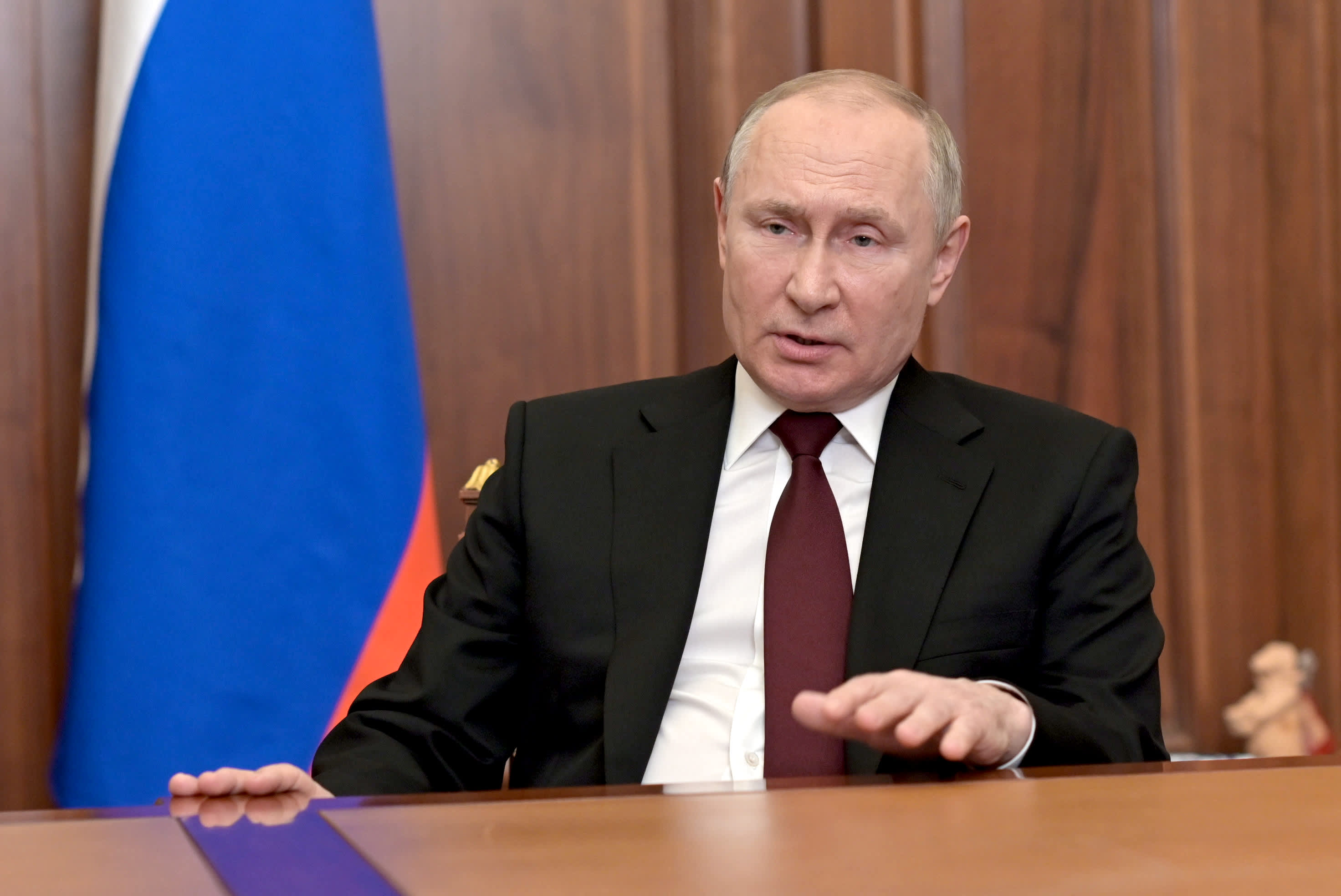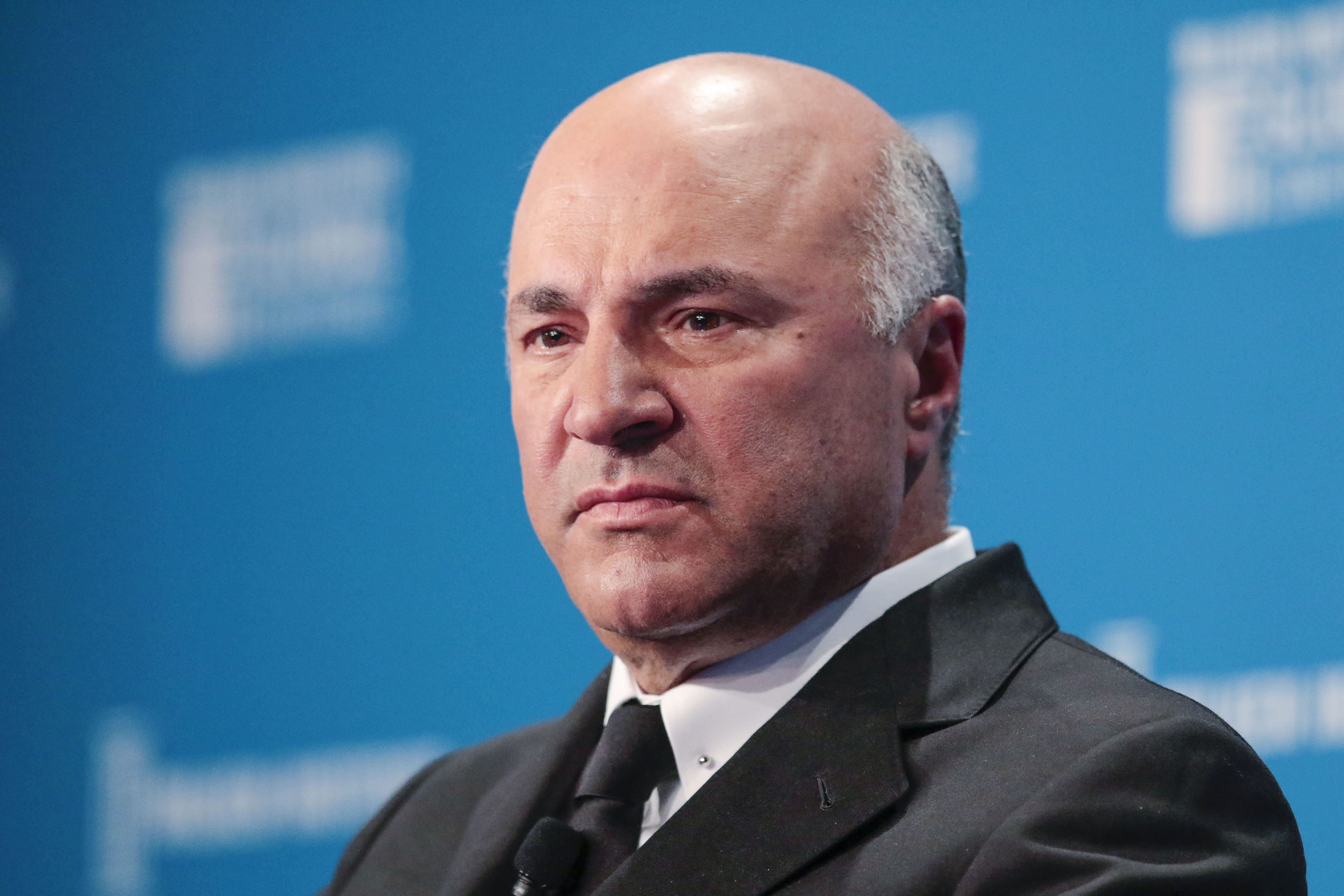Middle East tensions pose the biggest threat to rate cuts, European Central Bank policymaker says
Geopolitical risk is the biggest threat to a prospective June rate cut from the European Central Bank, according to ECB policymaker Robert Holzmann.
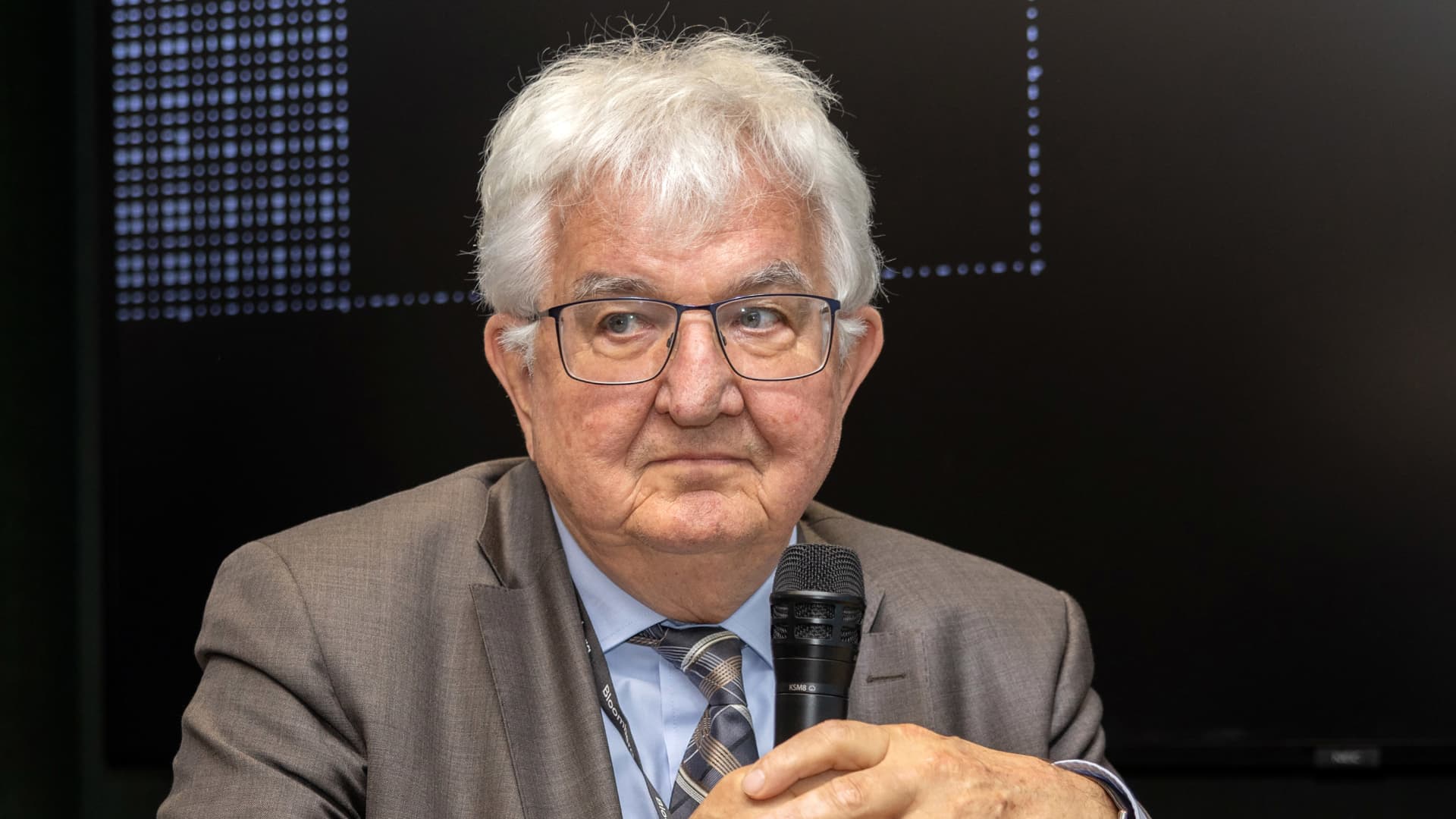
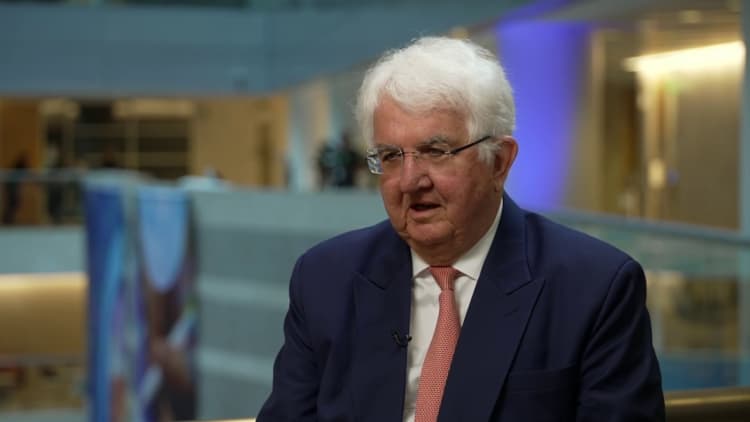
Tensions in the Middle East pose the biggest threat to a prospective interest rate cut from the European Central Bank, according to ECB policymaker Robert Holzmann.
"At this stage, I think the biggest threat is geopolitics, because we have seen what's happened in the Middle East," Austrian central bank governor Holzmann told CNBC's Karen Tso on Wednesday. His comments came on the sidelines of the International Monetary Fund Spring Meetings.
"As you can imagine, only when a boat is sunk in the [Strait] of Hormuz and you may have a different oil price, and this of course may require us to rethink our strategy," he added.
Holzmann singled out ramifications for energy prices as the single most important factor in terms of Europe's fight to tame inflation. He added that an abrupt rise in oil prices, for example, would constitute a "major, major shock."
His comments echo the view of ECB policymaker Olli Rehn, who on Tuesday said the likelihood for a June rate cut hinged upon inflation falling as expected, noting that the biggest risks to monetary policy stem from Iran-Israel tensions and the Russia-Ukraine war.
"The biggest risks stem from geopolitics, both the deteriorating situation in Ukraine and the possible escalation of the Middle East conflict, with all their ramifications," Rehn, who serves as the governor of the Bank of Finland, said in a statement. "As summer approaches we can start reducing the level of restriction in monetary policy, provided that inflation continues to fall as projected."
Israeli forces have pledged to respond to Iran's large-scale air attack on Israel on Saturday. World leaders have called for the "utmost degree of restraint" in the aftermath of the offensive.
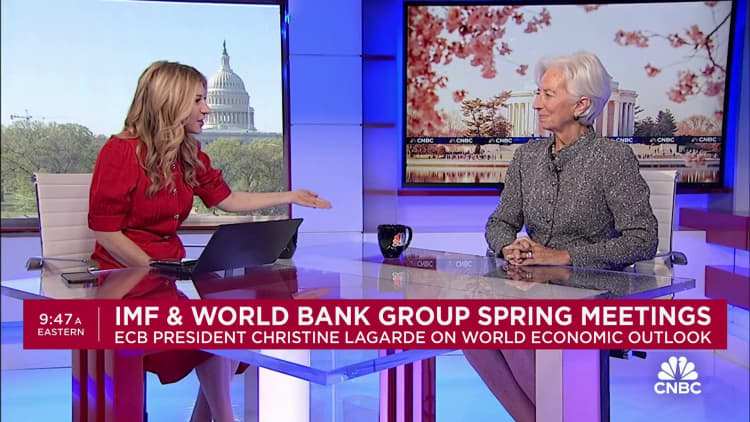
Oil prices were lower on Wednesday afternoon, extending declines for a third consecutive session as demand concerns outweighed potential supply disruptions.
International benchmark Brent crude futures with June delivery traded 1.1% lower at $89.05 per barrel at 2:40 p.m. London time, while U.S. West Texas Intermediate futures with May delivery fell 0.9% to $84.57 per barrel.
Holzmann is widely considered to be one of the most conservative members of the ECB's main decision-making body and has warned it is safer not to rush interest rate cuts. He recently told Reuters that the ECB could moderate rates in June, indicating a growing consensus for a near-term move.
Lagarde: ECB to cut rates barring any major surprises
ECB President Christine Lagarde on Tuesday said the central bank was closing in on a rate reduction, barring any major surprises.
"We are observing a disinflationary process that is moving according to our expectations," Lagarde told CNBC's Sara Eisen.
"We just need to build a bit more confidence in this disinflationary process but if it moves according to our expectations, if we don't have a major shock in development, we are heading towards a moment where we have to moderate the restrictive monetary policy," Lagarde said.
In the absence of a shock, Lagarde said it would be time for the central bank to trim rates "in relatively short order," without providing any further details.
Economists have zeroed in on June as the month when rates could start to be reduced.
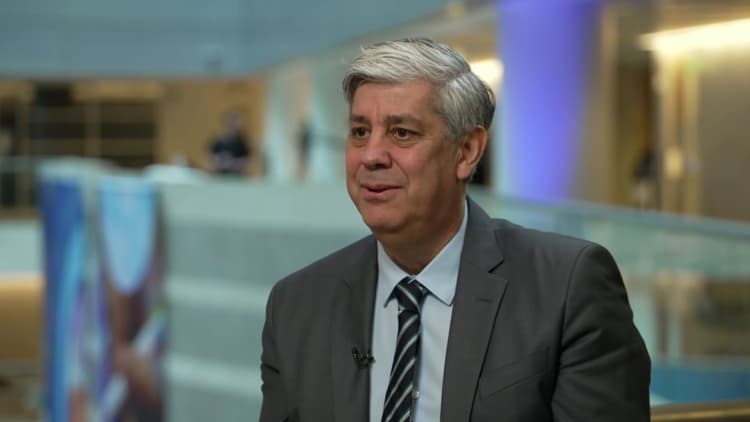
ECB policymaker Mario Centeno said on Wednesday that the central bank would continue to be data dependent.
"June is going to be a very important decision. Market expectations are very clear for that month," said Centeno, who serves as governor for the Bank of Portugal. "I'm sure that we will deliver the response that is consistent with the recovery of the euro area economy that we have in our forecast."
The ECB on Thursday left its policy unchanged for the fifth consecutive meeting, but signaled that cooling inflation means the institution could soon start to moderate rates.
In a shift from previous language, the ECB said "it would be appropriate" to lower its 4% deposit rate if underlying price pressures and the impact of previous rate hikes were to boost confidence that inflation is falling back toward its 2% target "in a sustained manner."
Speculation that the ECB could soon start cutting rates comes even as investors have slashed their bets on Federal Reserve rate reductions. Traders now ascribe a roughly 20% likelihood of a Fed rate cut in June, after yet another inflation print showed consumer prices remain sticky.
— CNBC's Jenni Reid contributed to this report.

 JaneWalter
JaneWalter 










